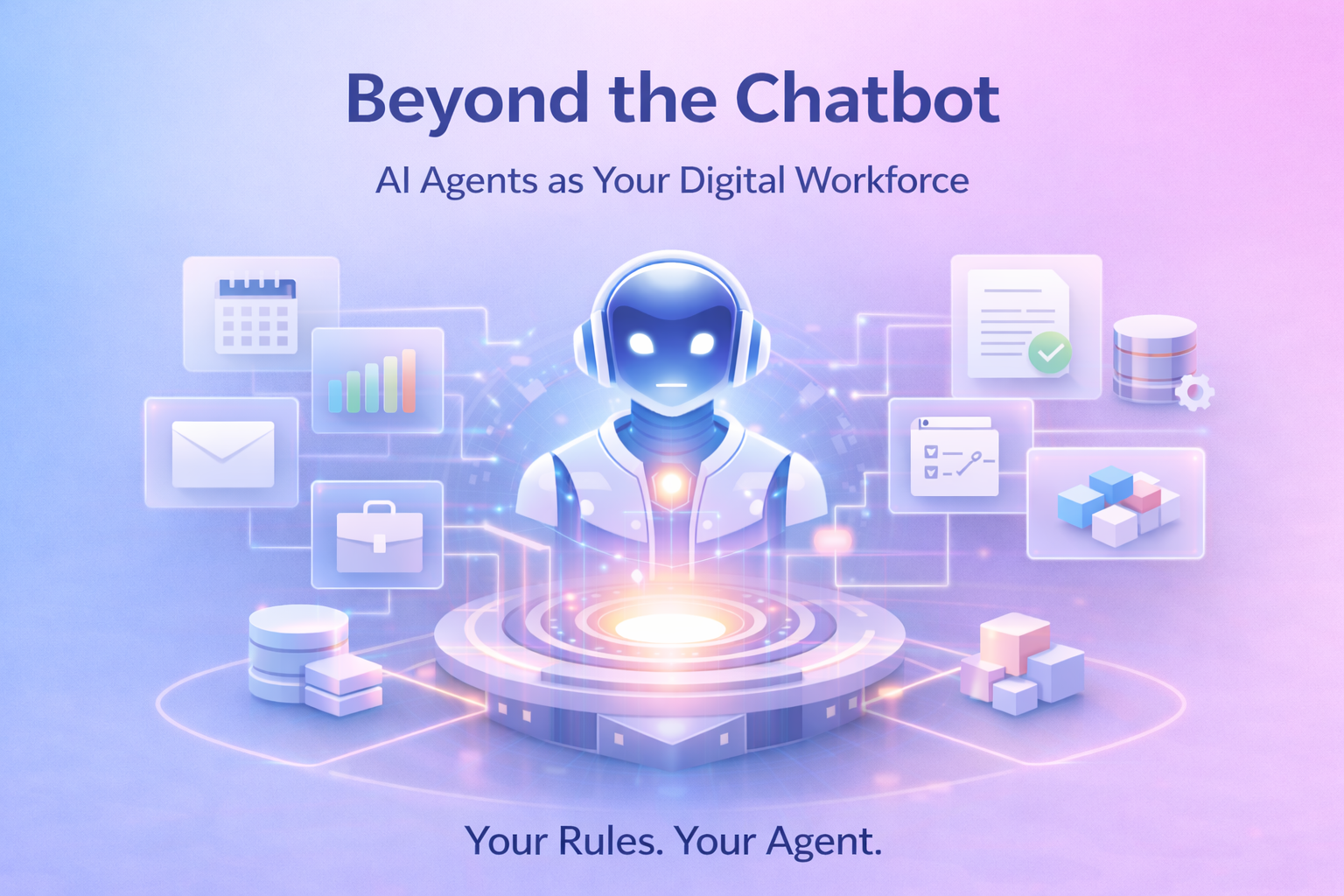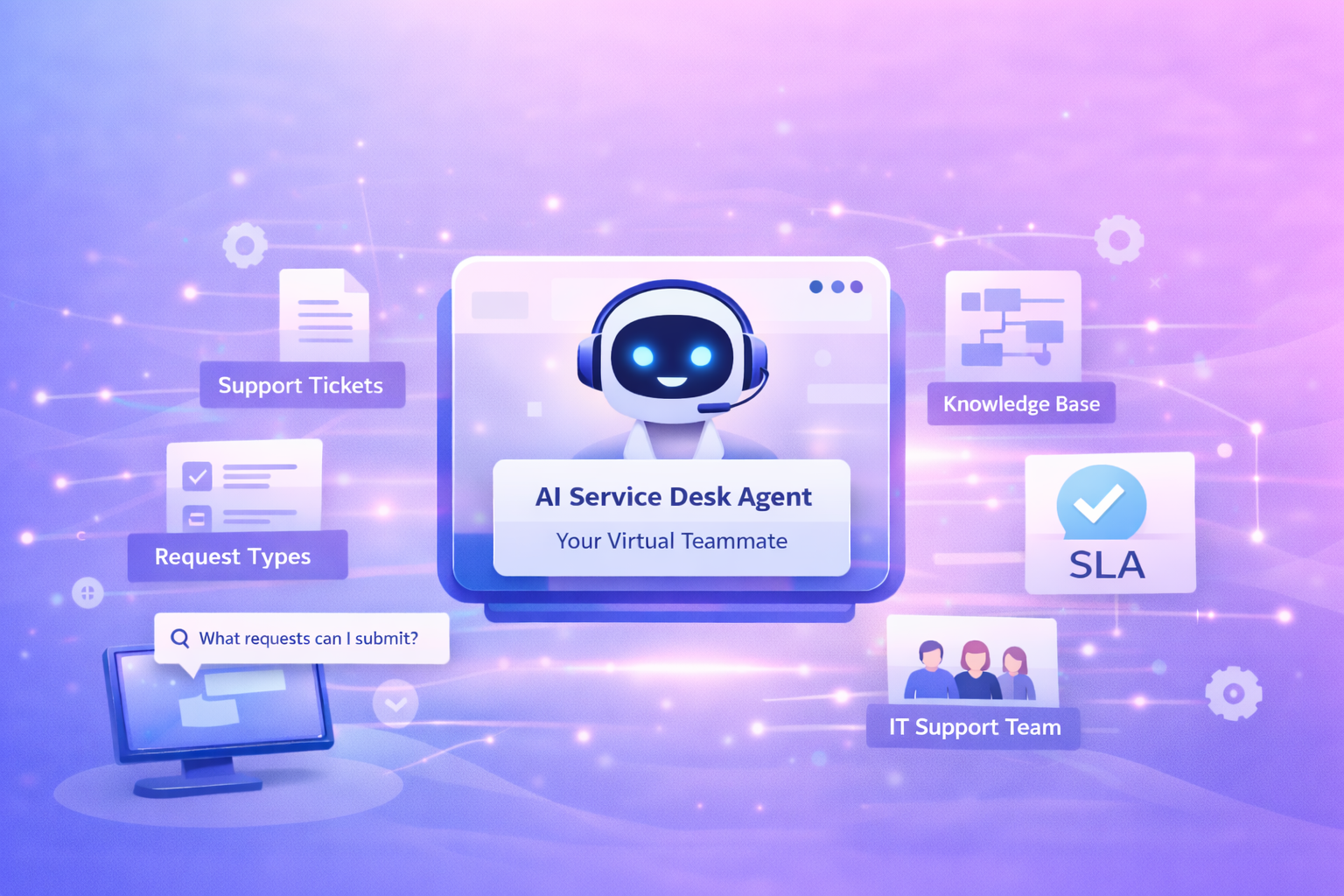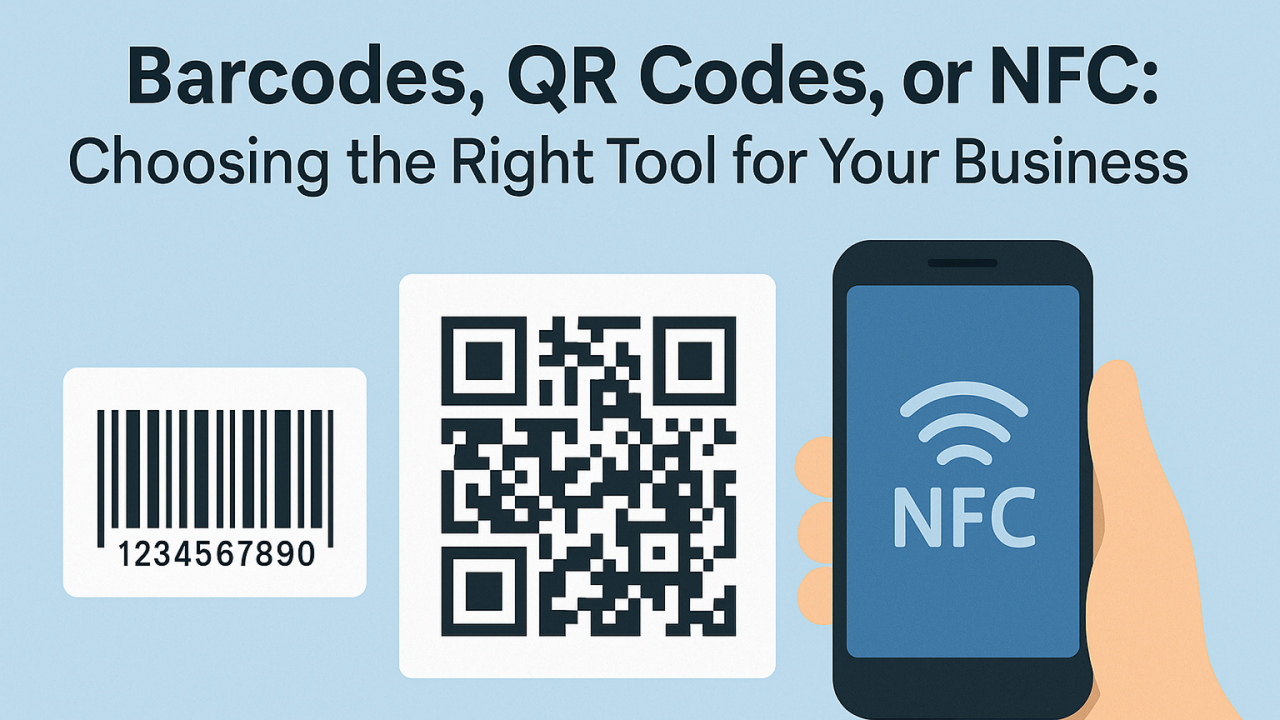In today's dynamic business landscape, selecting the right workflow solution is a critical decision that can significantly impact your organization's efficiency and productivity. With numerous options available, it's crucial to navigate the selection process with a clear understanding of your unique requirements. This comprehensive guide will help you make an informed decision when choosing the ideal workflow solution for your organization.
%2520(1).jpeg)
Exploring Workflow Solution Categories
Workflow solutions come in various categories, each tailored to different needs and use cases. Understanding these categories is the first step in choosing the right solution.
Low-Code and No-Code Platforms: These platforms are known for their ease of use, enabling users to create workflows and applications with minimal coding. They are suitable for organizations looking to rapidly develop and iterate on processes without extensive IT involvement.
Business Process Management (BPM) Software: BPM software provides a structured approach to managing and optimizing processes. It's ideal for organizations seeking to automate, streamline, and continuously improve complex business processes.
Project Management Tools: Project management tools are designed for managing tasks, projects, and teams. They are a great choice for organizations that need clear project visibility and collaboration features.
Other Specialized Solutions: Some solutions are designed for specific industries or unique use cases. These specialized options can provide tailored features and functionalities.

Identifying Your Requirements
Before evaluating specific workflow solutions, it's crucial to conduct a thorough needs assessment. This step ensures that you choose a solution that aligns with your organization's specific needs.
Assessing Workflow Challenges: Begin by identifying pain points within your current workflows. These could be bottlenecks, inefficiencies, or areas where automation can improve processes. Mapping existing workflows provides a clear picture of your current state.
Involving Stakeholders: Key stakeholders, including end-users, managers, and IT professionals, should be involved in the assessment process. Their insights and feedback are valuable for identifying requirements.
Prioritizing Requirements: Not all requirements are equal. Prioritize your findings based on their impact and importance to your organization. Distinguish between "must-have" and "nice-to-have" features.

Key Factors to Consider
Once you have a clear understanding of your requirements, you can evaluate potential workflow solutions based on key factors. These factors are essential in determining which solution is the best fit for your organization.
Scalability: Consider whether the solution can grow with your organization's needs. Scalability is crucial for accommodating future growth.
Integration Capabilities: Evaluate the solution's ability to integrate with your existing systems and software. Smooth integration ensures data flows seamlessly.
Customization and Flexibility: Determine if the solution offers the level of customization and flexibility your organization requires. Tailoring workflows to your unique needs is a significant advantage.
User-Friendliness: A user-friendly interface is vital for adoption and productivity. Complex systems can lead to resistance and inefficiencies.
Cost and Licensing: Budget considerations are essential. Understand the pricing models and licensing options associated with the solution.
Security Features: Security is a paramount concern. Ensure the solution meets your organization's security requirements and compliance standards.

Selecting the right workflow solution is a process that involves understanding the categories of solutions, identifying your specific requirements, and evaluating potential solutions based on key factors. It's a decision that can have a profound impact on your organization's efficiency and productivity. Take the time to choose wisely, ensuring that the solution aligns with your long-term goals and addresses your unique challenges.
For more information and resources related to workflow solutions, stay tuned to Yeeflow Blog for ongoing coverage of this important topic.





.png)

